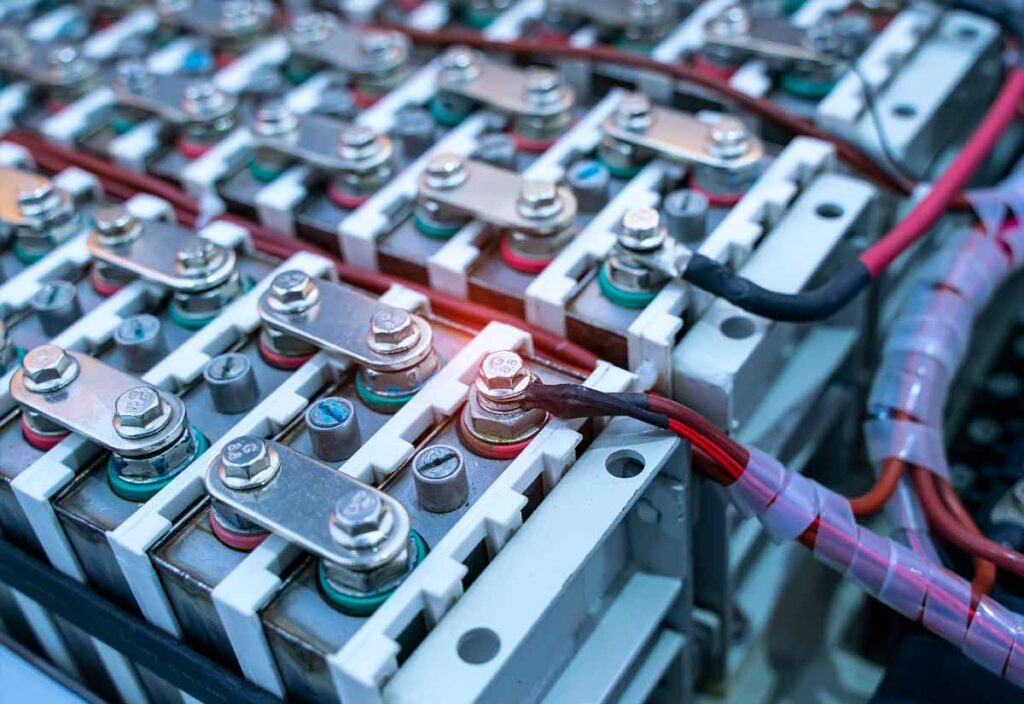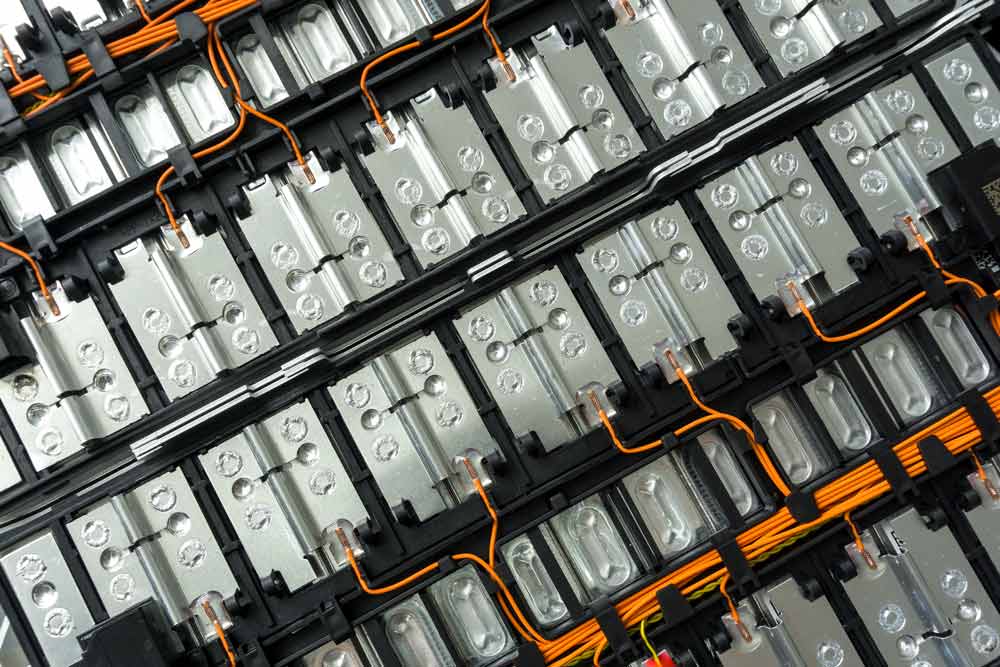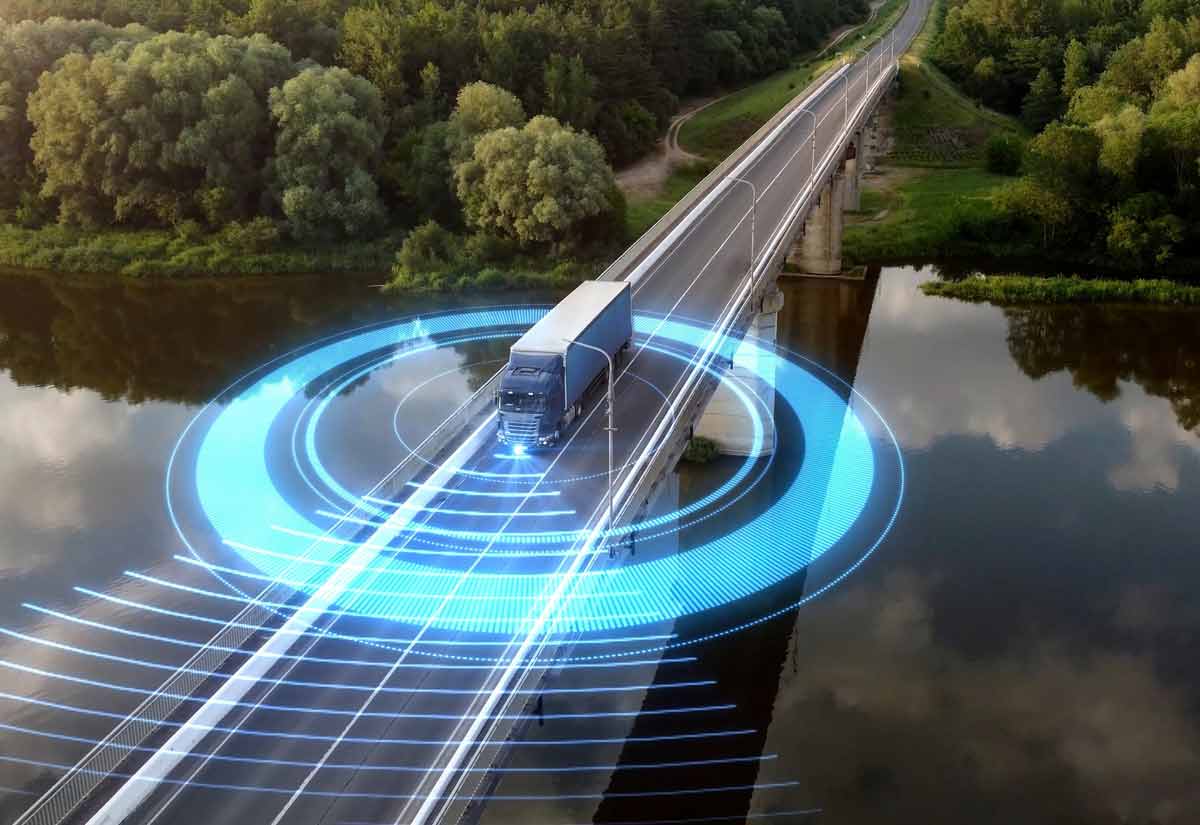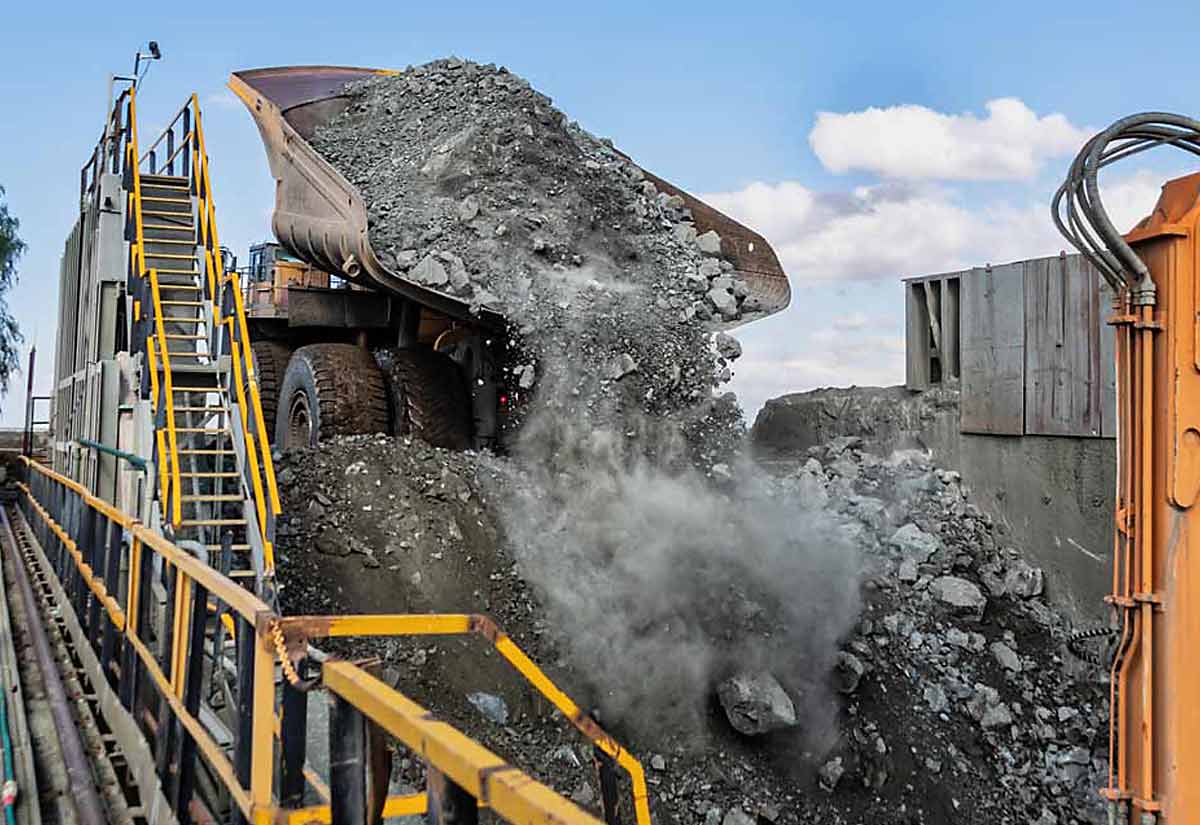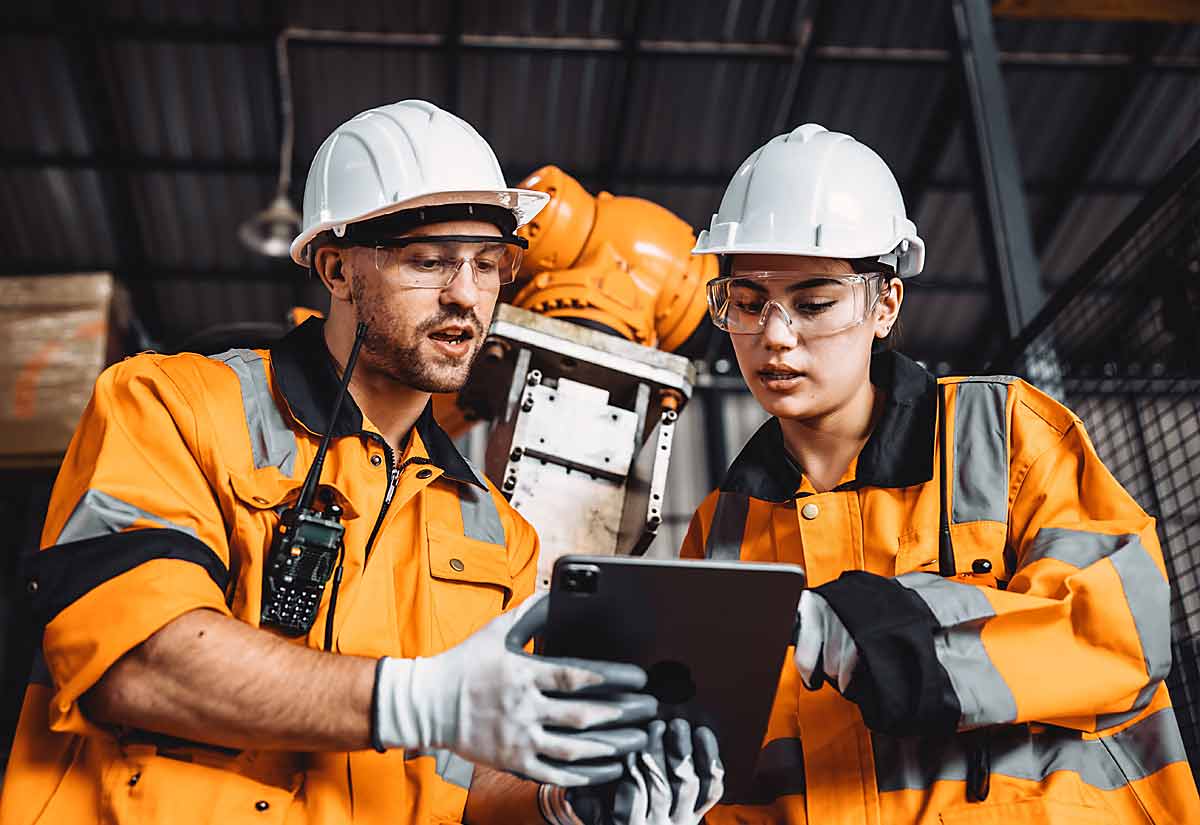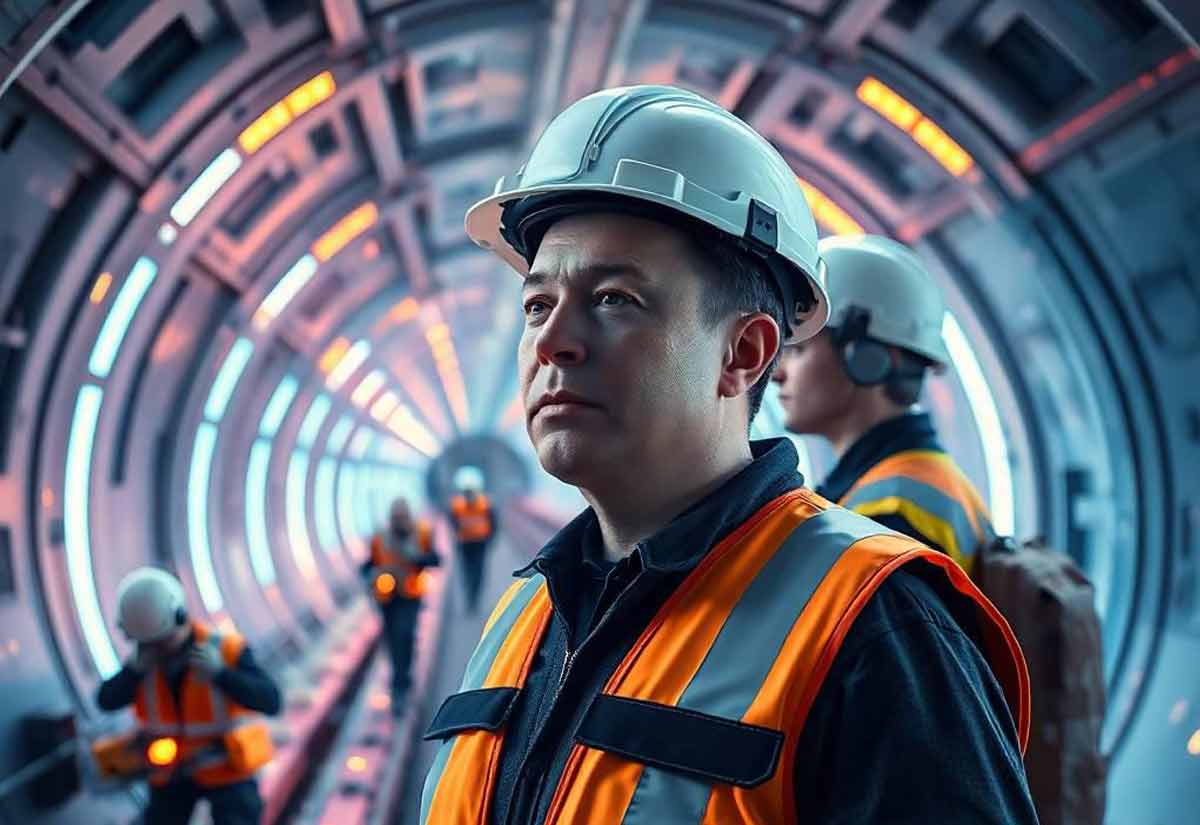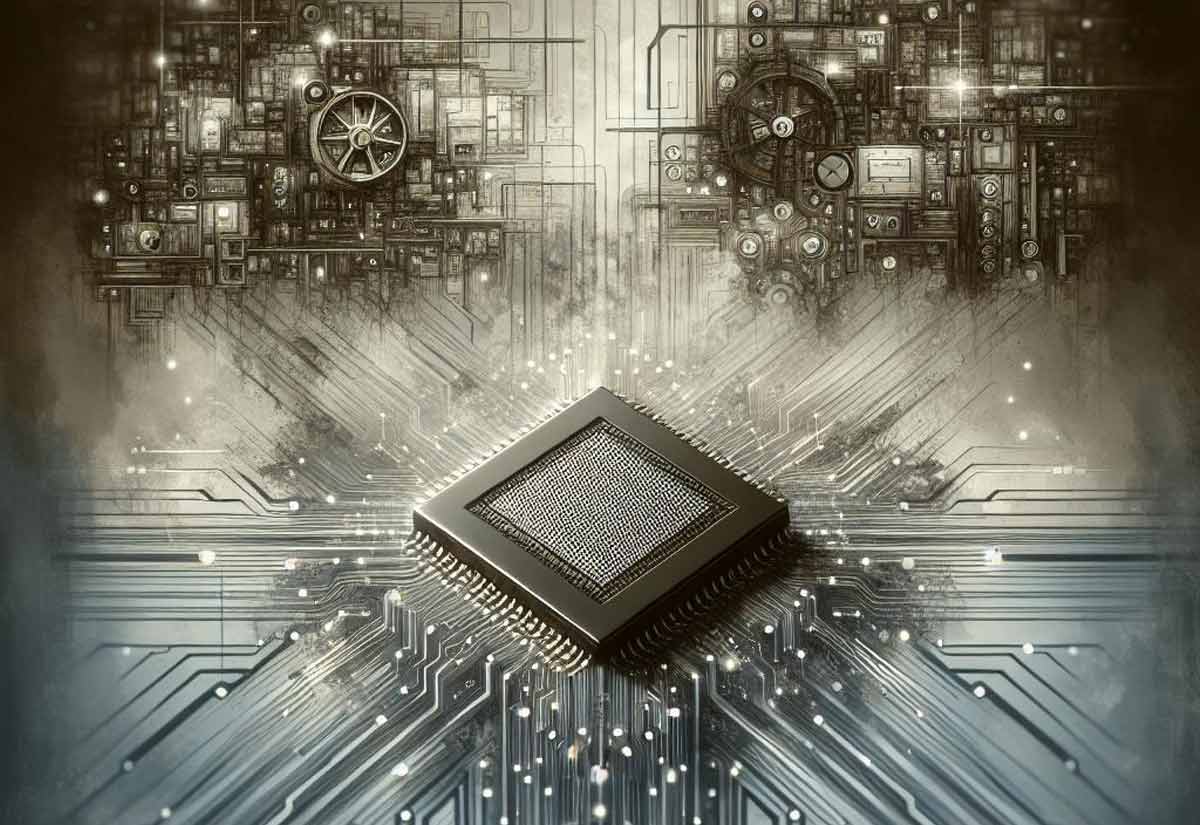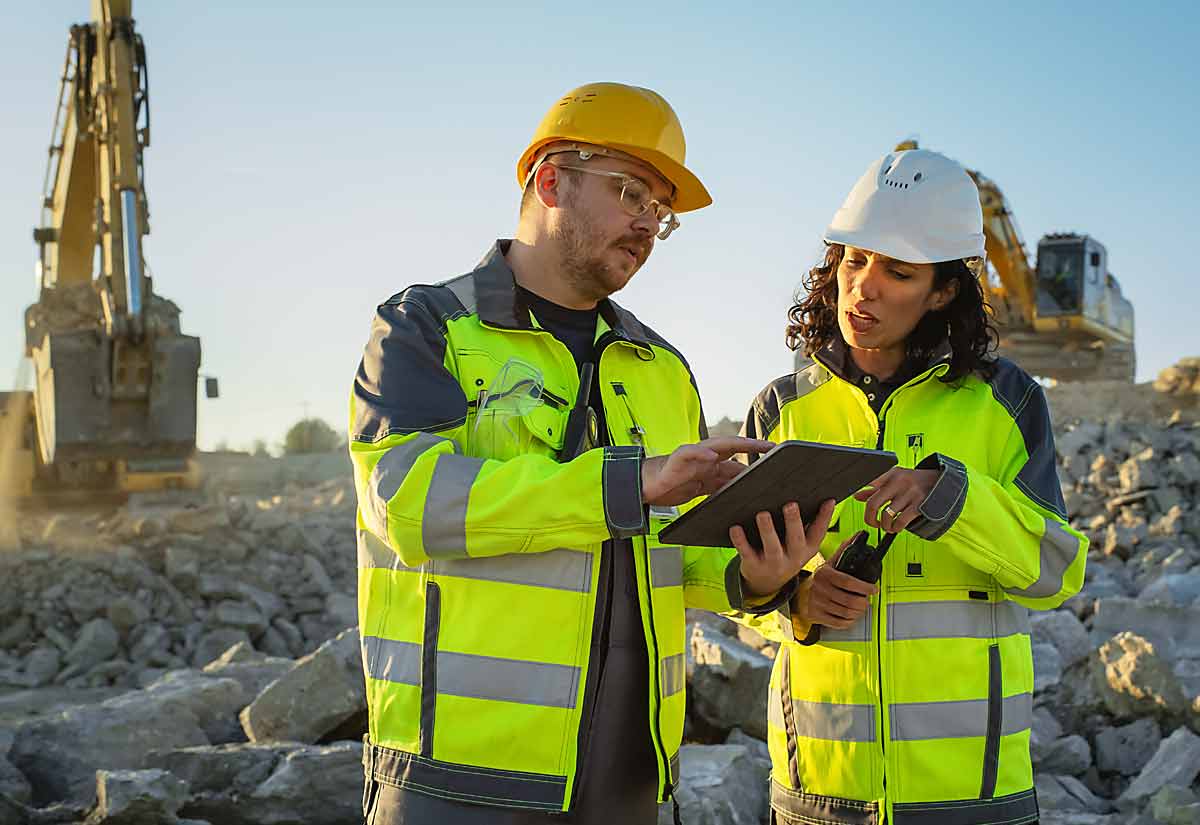No, we’re not talking politics here, no matter how well that moniker could apply to so many greenster “thought leaders” in their super-hyped quest for “carbon neutrality”. As we spring into April 2023, Green Giant Google is awash with stories about the recent breakthrough scientists in Japan achieved, and it’s not an April fools joke.
But ASS LIBS? Really? We had to check out the article Tokyo Scientists Unveil Solid-State Battery Breakthrough at Oilprice.com, to see what all the fuss was about. ASS LIBs and other “breakthrough” experimental lithium batteries have been making ho-hum news on our industry radar for years, as well as the controversial lithium ion supply chain.
Back then, the all solid state battery concept was touted more for fire safety and environmental friendliness, since they don’t leak toxic chemicals or ignite if damaged. But degradation after a limited number of recharges and low output performance put ASS LIBS on the back burner as far as EV engineers were concerned.
ASS LIB: All Solid State Lithium Batteries.
The amusing ASS LIB acronym perhaps deserves some attention from future EV marketing departments, if only to avoid complaints from non-engineering lay persons to the human resources department. But for EV enthusiasts, all the attention is on the recent breakthrough that “can lead to the commercialization of all-solid-state batteries with diverse applications, particularly electric vehicles”, according to Brian Westenhaus.
Westenhaus, the editor of the popular energy technology investment site New Energy and Fuel , summarized the major obstacle to manufacturing commercial ASS LIB batteries saying in the article:
“Solid-state battery‘s high surface resistance causes these batteries to have low output, limiting their applications. The researchers have employed a novel technique to investigate and modulate electric double layer dynamics at the solid/solid electrolyte interface. The achievement is carrier modulation and improved switching response speed control in these batteries.”
Engineers are impressed already. But how does this breakthrough benefit the general driving public? The headline at theDriven.io, a popular website for Australia’s EV enthusiasts says it all.
“Solid state battery breakthrough could slash EV costs and recharging time”
EV prices are often out of range for working class consumers around the world. Long charging times and expensive charging infrastructure are a tough sell to a world public raised on the convenience and horsepower of fossil fuel. According to the article at Driven, ASS LIBs have had a deal-breaking downside until the breakthrough in Japan.
- Solid-state batteries have limited durability
- Repeated charges damage the interface between the electrodes and the solid electrolyte causing irreversible changes in the crystal chemistry of the electrodes.
- lithium-ion batteries can’t deliver the high performance and durability at an affordable price that is competitive with petrol fuelled internal combustion engine (ICE) vehicles
The research team led by Japan’s Professor Naoaki Yabuuchi of Yokohama National University developed a new positive electrode material in an all-solid-state cell by combining it with an appropriate solid electrolyte and a negative electrode.
Coauthor of the team’s paper, Associate Professor Neeraj Sharma from UNSW in Australia stated that the cell exhibited a “remarkable capacity” of 300 mAh/g (milliampere-hours per gram mass) with no degradation over 400 charge/discharge cycles.
“The absence of capacity fading over 400 cycles clearly indicates the superior performance of this material compared with those reported for conventional all-solid-state cells with layered materials,” Sharma explained.
Optimized portions of lithium titanate (Li2TiO3) and lithium vanadium dioxide (LiVO2) are the key. The Yabuuchi team says that at the right particle size, on the nanometer scale, the material’s large quantity of lithium ions can be reversibly inserted and extracted during the charge/discharge process, resulting in high capacity.
The material has nearly equal volume when fully charged and fully discharged, a significant property that results in much improved durability. “When shrinkage and expansion are well balanced, dimensional stability is retained while the battery is charged or discharged, i.e. during cycling,” Professor Yabuuchi explained.
“The development of long-life and high-performance solid-state batteries would solve some of the problems of electric vehicles,” says Yabuuchi. “In the future, for instance, it may be possible to fully charge an electric vehicle in as little as five minutes.”
That 5-minute charging time is exactly what potential EV consumers want to see, but it’s not likely to catalyze the automotive EV sector any time in 2023.
A Quantum Leap Forward For ASS LIBs?
According to the MIT Technology Review “Expect new battery chemistries for electric vehicles and a manufacturing boost thanks to government funding this year.” , decades-old lithium battery technology is overdue for a chemistry overhaul, and one company has already made its move to auto manufacturers to boost capacity, speed up charging time, and cut EV costs.
Cheaper batteries that will provide cost-efficient storage for the grid and allow EVs to travel far greater distances on a single charge are the current benchmarks for battery engineers, and the incentive for investors. Not to mention the 2022 enacted IRA, the “Inflation Reduction Act” that puts a big green pie of nearly $370 billion on the table to be dished out for “climate and clean energy”, including billions for EV and battery manufacturing.
QuantumScape Batteries For Volkswagen EVs
Solid-state batteries can operate within a wide range of chemistries, but the leading option for commercialization uses lithium metal. Quantumscape is one company focused on that technology.
The enterprise raised hundreds of millions in funding before going public in 2020. The company recently brokered a deal with Volkswagen that could put its batteries in cars by 2025, and sent material samples to manufacturers last December.
According to the innovators at QuantumScape, legacy lithium-ion batteries are fast approaching the limits of possible energy density just as demand for higher performing energy storage surges.
QuantumScape’s technology is developed to overcome the major shortfalls of legacy batteries, ushering in a new era of energy storage with two major innovations; an anodeless architecture and proprietary solid ceramic separator. These innovations improve energy density, charging speeds and safety.
About Resource Erectors
When it’s time to recharge your professional workforce and get your heavy industry company up to speed it’s time for Resource Erectors. We recruit the top professional candidates in mining, minerals, processing, engineering, aggregates, concrete, civil construction, sales, safety, logistics and more.
If you’re a heavy industry professional ready to move up the career ladder, Resource Erectors has the corporate connections to put you in charge. We offer lucrative leadership positions with industry-leading companies who know that their human resources are their most essential resources, so don’t hesitate to contact us today.
